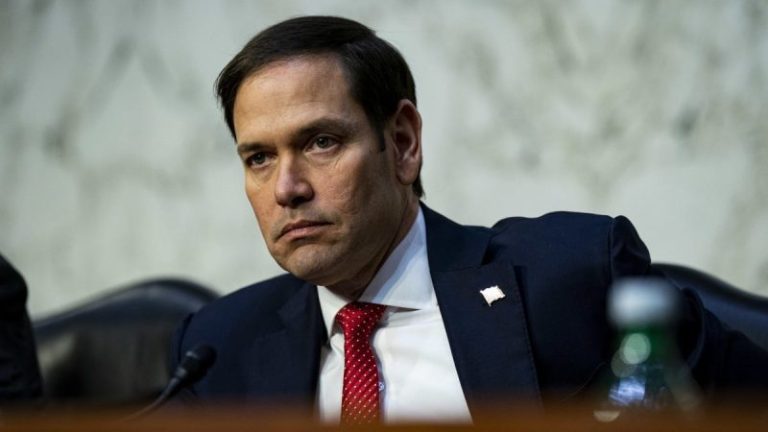FIRST ON FOX: A longtime Democratic operative and activist says he will be investigating the families of Republican lawmakers in response to the move by the GOP to investigate President Biden and son Hunter’s overseas business dealings, sparking backlash from a pair of House Republicans.
‘Gloves are off, families are on,’ David Brock, Democratic activist and president of Facts First USA, recently told Puck News. ‘We’ve been looking into how the children of those same members may have benefited from their parents’ position. We’re not shy about going after the members.’
Brock, a longtime Clinton ally who founded Media Matters for America and American Bridge 21st Century, announced in November he was leaving the left-wing groups after nearly two decades to launch Facts First USA to help President Biden fight Republicans in the new Congress.
‘This work has been ongoing, and we will soon have more to share publicly about a key member of Republican leadership whose family has gotten multiple jobs from their Congressional donors,’ a spokesperson for Facts First USA told Fox News Digital.
‘If people want to investigate the Biden family, then what’s good for the goose is good for gander. But no one should feel intimidated if they aren’t doing anything improper.’
Brock, who got his start as a conservative freelance reporter before switching to the Democratic Party in the mid-1990s, was once described by former Center for American Progress president Neera Tanden, who is currently a top Biden aide, of being ‘bats— crazy.’
He’s been a prominent face in Democratic circles for nearly two decades. The New York Times reported in November that Brock’s progressive groups ‘play important roles in the Democratic Party’s ecosystem.’
GOP Congressman Darrell Issa, a member of the House Judiciary Committee, told Fox News Digital the move from Brock reeks of desperation.
‘Nothing says desperation like threatening to sic a smear merchant on innocent families,’ Issa said. ‘This is all you need to know about how worried Democrats and the White House are about having to answer for Joe Biden’s culture of corruption.’
Rep. Elise Stefanik, chair of the House Republican Conference, told Fox News Digital that Republicans will not be intimidated by ‘radical outside groups.’
‘The far left and their radical outside allies are desperately trying to cover up and distract from Joe Biden’s illegal corruption,’ Stefanik said.
‘They know they cannot pressure House Republicans into stopping our investigation into President Biden, so they are now attempting to intimidate Republicans into stopping our investigations by targeting our families with opposition research attacks from dark money groups. House Republicans will not be intimidated by these radical outside groups.’
That alleged culture of corruption led to an announcement this week that House Speaker Kevin McCarthy is directing House committees to launch an official impeachment inquiry against Biden looking at ties between the president and son Hunter’s overseas business dealings.
‘Over the past several months, House Republicans have uncovered serious and credible allegations into President Biden’s conduct — a culture of corruption,’ McCarthy posted on social media Tuesday.
Democrats have insisted that the impeachment inquiry is politically motivated, and White House press secretary Karine Jean-Pierre said Wednesday Republicans have ‘no evidence, none, that [Biden] did anything wrong.’
The White House did not immediately respond to a request for comment from Fox News Digital.
Fox News Digital’s Cameron Cawthorne contributed to this report










